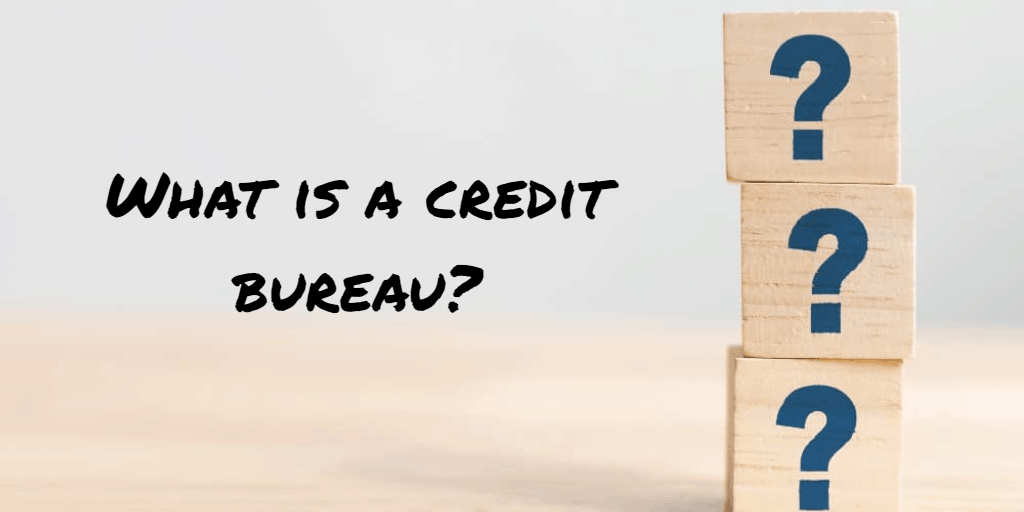A credit bureau is simply an institution that generates a report on your history with borrowing money. When you’re trying to build or rebuild your credit score, credit bureaus can be an important ally, as they monitor your crediting activities and assign you a score that reflects them.
How do credit bureaus work, and which ones are most popular in Canada? Let’s take a look and see.
What is a credit bureau?
A credit bureau collects information about consumers from banks, lenders, and other financial institutions. Once they have a comprehensive picture of a person’s finances, they package it up into a single document called a credit report. These institutions may also work with courthouses to obtain public records about foreclosures, repossessions, tax liens, or even bankruptcies.
Why would a credit bureau go through this much trouble? One word: creditworthiness. A credit bureaus’s main goal is to understand how you’ve dealt with your finances in the past in order to help lenders, landlords, and even employers predict how you might deal with them in the future.
In Canada, the two biggest credit bureaus are TransUnion and Equifax. Because these institutions work separately from each other, they may issue two different credit reports on your finances. Despite minor differences, these reports are typically similar.
How do credit bureaus gather information on you?
Credit bureaus gather information mainly from lenders and creditors who report to them. Credit card companies, for instance, will often send credit bureaus details on your payment history, credit-utilization ratio, and account status (open or closed). They’ll typically report late payments only if you’re more than 30 days late on the payment.
Even if credit bureaus receive their information from the same sources, they may have different methods for scoring you. That’s why your credit report from Equifax may look slightly different from that of TransUnion, as their scoring models are different.
Can credit bureaus remove late payments?
Under normal circumstances, no. There are, however, at least two scenarios in which a credit bureau will remove negative activity from your credit report.
The first is inaccuracy. Occasionally, a credit report will contain incomplete or inaccurate information on your crediting activities. If this information is negative — a late payment, for instance — you’ll see a negative drop in your credit score. The inaccurate information may even indicate fraudulent activity. If you believe you’re a victim of fraud, be sure to say that when you file your dispute. By spotting an error and reporting it to the credit bureau who created your report, you should encounter no problems in having them remove it.
The second way to remove negative information is to send a goodwill letter to your creditor or lender. A goodwill letter is a very sincere and formal apology for being late on a payment. In your letter, you’ll give a valid reason for why you were late. For example, if you moved house and forget to redirect your mail, you may get a break. Likewise, if you changed email addresses and forgot to update your account information, your lender may cut you some slack.
To be clear, there’s no guarantee a goodwill letter will remove the late payment. But it’s worth a try, especially if you have a good reason for why you were late.
Do credit bureaus approve credit lines or loans?
No. A credit bureau isn’t responsible for approving your application for credit cards, loans, or mortgages. That would be the job of a lender. A credit bureau’s sole task is to gather information on your creditworthiness and sell it to those who want insight into your history with money.
Will credit bureaus let you see your credit report for free?
Yes! In fact, every consumer has the right to get a free copy of their credit report every 12 months — and with Equifax you can also check your credit score for free. You can order your credit report from major credit bureaus by phone, mail, or fax, though if you want one instantly online, you’ll have to pay a processing fee.
It’s important to check your credit report at least once a year. By reviewing your information, you can be confident it doesn’t have errors or fraudulent activities, as well as get a feel for where your creditworthiness stands. You can even add “check your credit report” under “perform a financial check-up” in our ultimate personal finance checklist, helping you to keep it top of mind.
Some offers on The Motley Fool are from our partners — it’s part of how we make money and keep this site going. But does that impact our reviews? Nope. Our commitment is to you. If a product isn’t any good, our review will reflect that, or we won’t list it at all. Also, while we aim to feature the best products available, we do not review every product on the market.
